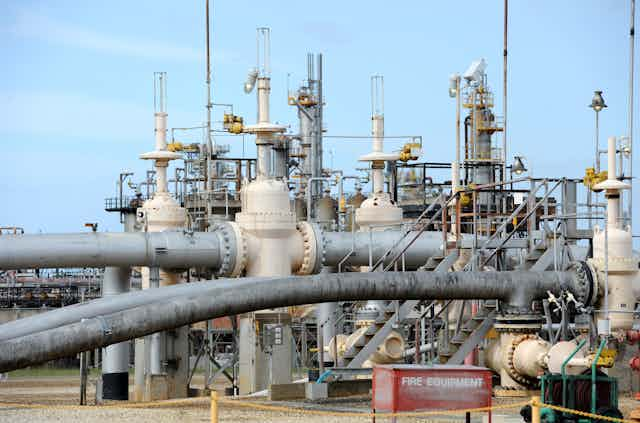The aftermath of the Albanese government’s first budget has seen the political and policy debate turn sharply onto the spectre of households and businesses facing sky-high power prices over the next 18 months.
The government is now scrambling to craft a policy to bring the domestic price of gas down.
In this podcast, Michelle Grattan talks with Professor Bruce Mountain, Director of the Victoria Energy Policy Centre at Victoria University, about this power price crisis, and the options available to deal with what he calls “a weeping sore”.
Mountain offers four key ways to address gas policy.
“First and foremost, a proper resource tax must be on the table […] a levy on exported gas may be a useful proposition,” he says.
“Secondly, there are some trade-exposed industries that are facing very great pain as a result of the extraordinary surge in gas prices.
"This has an economic impact on employment, on profits, on industries that have been built up over time. And I think some price refuge for those industries will have an economic benefit that is likely to be a good deal higher than the cost.”
“Third, there are still many Australian households that use gas for heating water and for heating spaces, most notably in Victoria. I think a means-tested bill, not a price relief, for those households that battle to afford gas for these purposes, would be worthwhile.
"But I don’t think at the expense of effort in drawing those households off gas. There are cheaper […] ways of heating water and heating spaces and also much, much cleaner ways of doing that.
"Fourthly, I think a more realistic price cap in our various spot gas markets [is] likely to do more good than harm. Some of the absurdly high prices we see in the spot markets have not been useful, and I don’t think there’s much harm in capping them at a low level.”

